- House prices increased by 1.1% in April
- A Tenth consecutive monthly rise, the longest run since 2016
- House prices are up £47,568 over the last two years
- Average property price reaches another new record high of £286,079
- Northern Ireland now the UK area with strongest house price inflation
- Rate of house price growth still expected to slow as incomes squeezed
Average price: £286,079
Monthly change: +1.1%
Quarterly change: +2.7%
Annual change: +10.8%
The average UK house price rose again in April, up by 1.1%, or £3,078, in the month.
This was the 10th consecutive month that property values have increased, the longest run of continuous gains since the end of 2016.
Housing transactions and mortgage approvals remain above pre-pandemic levels and the continued growth in new buyer enquiries suggests activity will remain heightened in the short-term.
The imbalance between supply and demand persists, with an insufficient number of new properties coming onto the market to meet the needs of prospective buyers and strong competition to secure properties driving up prices.
There remains evidence that this demand is centred on larger, family homes, rather than smaller properties such as flats.
Over the past year, prices for detached and semi-detached properties have risen by over 12%, compared to just 7.1% for flats.
The net cash increase for detached properties, at just under £50,000 over the past year, is nearly five times more than for flats.
For now, at least, despite the current economic uncertainty, the strong increases we’ve seen in house prices show little sign of abating.
Demand in the housing market remains firm and mortgage servicing costs are relatively stable with fixed-rate deals making up around 80% of mortgages on homes across the industry, protecting many households from the effects of rate rises so far.
However, the headwinds facing the wider economy cannot be ignored. The house price to income ratio is already at its highest ever level, and with interest rates on the rise and inflation further squeezing household budgets, it remains likely that the rate of house price growth will slow by the end of this year, Russell Galley, Managing Director, Halifax commented.
Examining the rate of house price growth
The property market has continued to defy expectations in recent times, with the rate of house price growth accelerating since the end of the Stamp Duty holiday last year.
Average house prices are now up by £47,568 over the last two years.
To put this in context, it took the previous five and half years to make an equivalent leap (+£47,689 between October 2014 and April 2020).
Indeed, average house prices have fallen in just four months since the start of the pandemic.
The average monthly gain of 0.9% during the past year is more than double the typical monthly increase seen over the previous decade.
The rate of annual growth fell slightly to 10.8% (from 11.1%), though this partly reflects the strength of the market 12 months ago.
At the current rate of growth, it raises the prospect of a typical home hitting £300,000 by the end of this year.
However, as outlined above, such a prospect remains unlikely given the forecast economic conditions.
Regions and nations house prices
Northern Ireland has overtaken the South West of England as the UK’s strongest performer in terms of annual price house inflation, now at 14.9%, its highest rate of annual growth since December 2007.
The average house price is now £182,565 though this is still some way short of the country’s record high of £230,931, set prior to the financial crisis in the summer of 2007.
Wales, so often the area with the UK’s highest rate of growth in recent months, continues to record strong annual house price inflation of 14.2%.
The average house price is £214,396 which is yet another all-time high for the country.
House prices also edged up once more in Scotland – reaching a new record of £196,471 – with the rate of annual growth now at 8.3%.
Elsewhere, six out of nine English regions recorded double-digit annual house price inflation during April.
The South West of England continues to record the biggest increase, with year-on-year house price growth at 14.8% and the average house price now breaking through the £300,000 barrier for the first time (£301,632).
The rate of annual house price inflation in London continues to lag the rest of the UK, with prices now up by 6.2% year-on-year.
However, average property values in the capital remain much higher than the rest of the country, with the latest average house price figure of £537,896 a new record for the city.
Housing activity
HMRC monthly property transactions data shows UK home sales increased in March 2022.
UK seasonally adjusted (SA) residential transactions in March 2022 were 114,650 – up by 2.6% from February’s figure of 111,700 (up 18.2% on a non-SA basis).
Quarterly SA transactions (January-March 2022) were approximately 21.8% higher than the preceding three months (October 2021-December 2021).
Year-on-year SA transactions were 35.7% lower than March 2021 (36.2% lower on a non-SA basis). (Source: HMRC)
Latest Bank of England figures show the number of mortgages approved to finance house purchases fell in March 2022, by 0.4% to 70,691.
Year-on-year the March figure was 14.5% below March 2021. (Source: Bank of England, seasonally-adjusted figures)
In the latest RICS Residential Market Survey, a net balance of +9% respondents cited an increase in new buyer demand during March – a seventh consecutive month in positive territory (previously +16%).
Agreed sales net balance remained at +9%, with new instructions moving into positive territory for the first time in 12 months at +8% (-1% previously). (Source: Royal Institution of Chartered Surveyors’ (RICS) monthly report)
Mark Harris, chief executive of mortgage broker SPF Private Clients, comments:
“Prices continue to rise as competition from buyers for a relatively limited amount of stock pushes values to new highs.
With another interest rate rise this month, and the potential for more to come, brokers are being kept busy.
Borrowers are increasingly concerned about rising mortgage rates and are keen to secure a fixed rate in particular before they rise further.
Longer-term fixes are increasingly popular as borrowers hunt for security. With lenders pulling some deals with little or no notice though, decisions have to be made quickly.”
Jeremy Leaf, north London estate agent and a former RICS residential chairman, said:
“The pace of increase in interest rates and inflation is becoming an increasingly important theme, not just for the economy but for the property market.
These figures are always an important barometer of market sentiment and show that the concerns of many buyers and sellers about economic uncertainty are still outweighed by their determination to find suitable property.
Family houses remain the most popular choice for buyers but the continuing shortage of them means that no price correction is anticipated for the time being at least, just a slowing of house price growth.”
Tom Bill, head of UK residential research at Knight Frank, said:
“We appear to have reached the summit of the recent period of UK house price growth.
We don’t expect prices to fall but we are presumably in the final month or two of double-digit annual growth.
The psychological impact of a rising base rate above 1%, higher mortgage rates, a cost-of-living squeeze and the gradual rebuilding of supply will all contribute to the slowdown as house prices come back down to earth later this year.”
Tomer Aboody, director of property lender MT Finance, says:
“The trend and desire for buyers needing more space has never been more obvious with detached properties increasing in value by five times more than flats.
This is also a result of a low interest rate environment, with buyers pushing themselves in order to buy their dream home, which increasingly may not be achievable with higher inflation and interest rates on the rise.
A continuous increase in prices over ten months is unheard of, but not surprising as transaction levels are low and buyers fighting for the same property.
A slowdown is imminent, however, with rates going up and the cost of living increasing so increasingly buyers will not be able to afford a move or carry out works.”
Commenting on UK house prices continuing to increase sharply again, posting its tenth consecutive monthly rise, Tom Brown, Managing Director of Real Estate at Ingenious, said:
“Whilst interest rates and inflation present an ongoing threat to the wider economy, we continue to see UK residential property markets remaining robust, resilient and performing well.
The picture is not uniform across the country and across all price points however, requiring expertise to interpret the headline numbers.
For example, city centre flats in some locations don’t always reflect the same fundamentals as people search further afield for more outside space, homes with gardens, practical workspaces and quality infrastructure.
When analysing residential opportunities, it is key to understand the subsectors and the regions in which they are located as it can be quite misleading to look at the market too broadly.
At Ingenious, we blend this market expertise with the ability to provide flexible, cost effective financing solutions for our clients by sourcing residential opportunities from across the UK based solely on individual merit.”


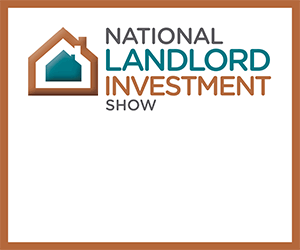

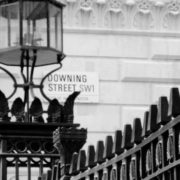
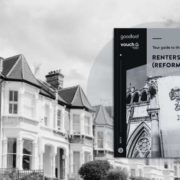


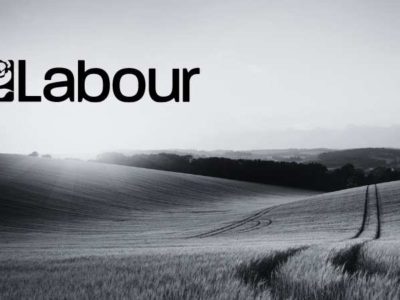
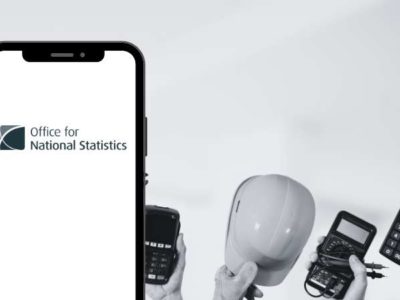
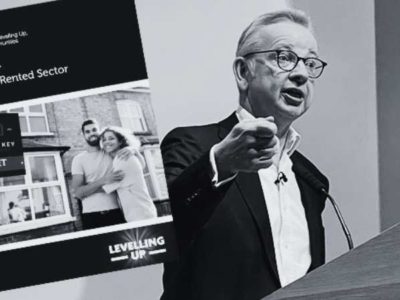
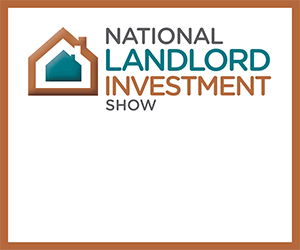

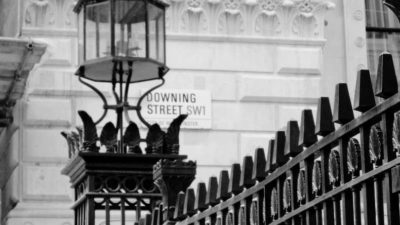
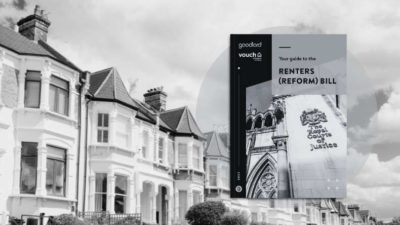


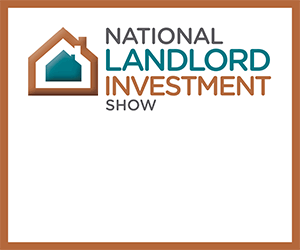
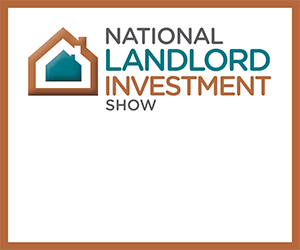


Comments